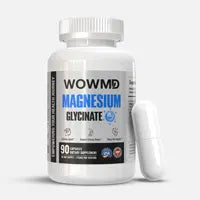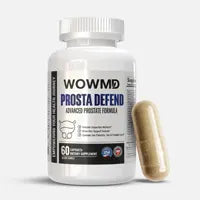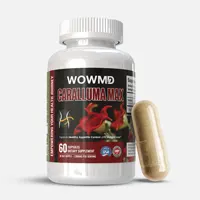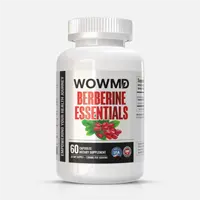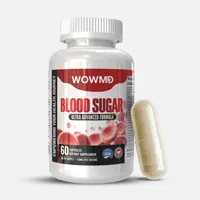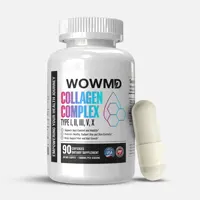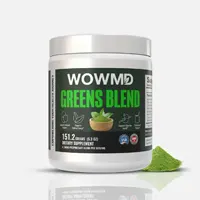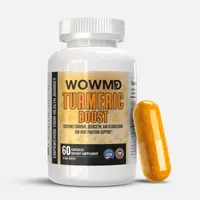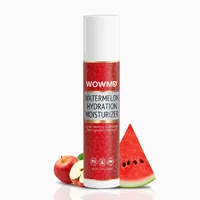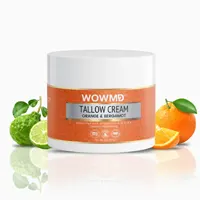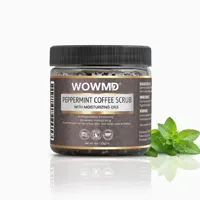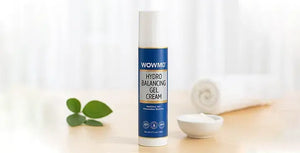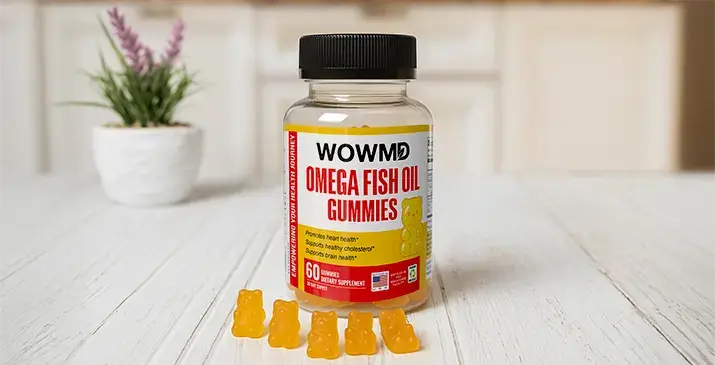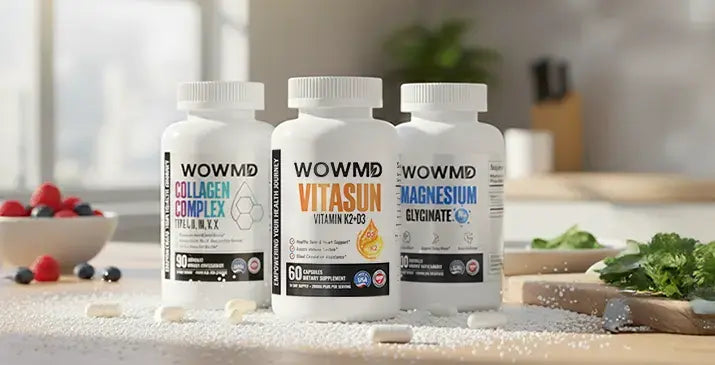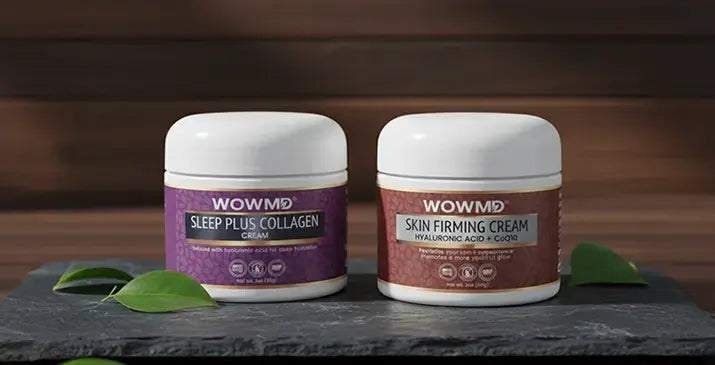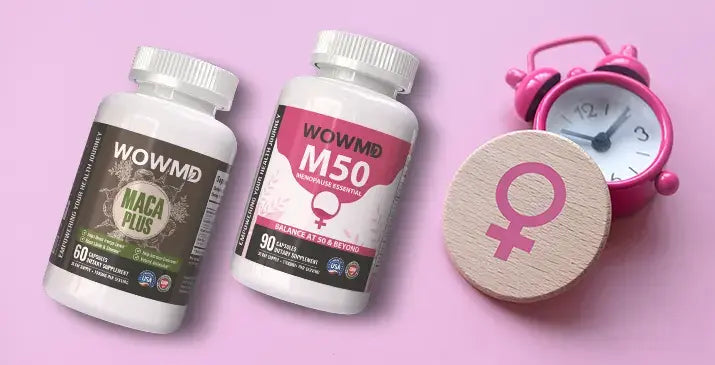Top Joint Supplements for Long-Term Cartilage Protection (2025)
In this article, we’ll discuss the top joint supplements for long-term cartilage protection, along with simple lifestyle tips to reduce joint pain and keep your joints healthy for years to come.
Advertiser Disclosure: WOWMD independently vets all recommended products. If you purchase a featured product, we may be compensated. Learn why you can trust us.
You May Also Like
Popular Stories
- The Best Beef Tallow Products for Radiant Skin: A 2026 Guide
- Holy Basil : Ayurveda’s Herb for Balance, Immunity & Everyday Calm
- Best Gel Moisturizers for Hydration & Skin Care in 2026
- 7 Best Effective Supplements for Improving Bladder and Prostate Health in 2026
- 4 Best Cooling Gels for Skin and Body: Instant Refreshment and Relief
- 4 Best Hyaluronic Acid Serums for Skin Hydration - Tested & Reviewed
References
WOWMD follows strict sourcing guidelines to ensure the accuracy of its content, outlined in our editorial policy. We use only trustworthy sources, including peer-reviewed studies, qualified experts, and information from top institutions.
- Effectiveness and Safety of Glucosamine in Osteoarthritis: A Systematic Review - PMC https://pmc.ncbi.nlm.nih.gov/articles/PMC10366893/
- Effects of Oral Chondroitin Sulfate on Osteoarthritis-Related Pain and Joint Structural Changes: Systematic Review and Meta-Analysis - PubMed https://pubmed.ncbi.nlm.nih.gov/30859538/
- Comparison of Glucosamine-Chondroitin Sulfate with and without Methylsulfonylmethane in Grade I-II Knee Osteoarthritis: A Double Blind Randomized Controlled Trial - PubMed https://pubmed.ncbi.nlm.nih.gov/28790224/
- Vitamin D and Bone Health - The Journal of Nutrition https://jn.nutrition.org/article/S0022-3166(22)01747-3/fulltext
- Omega-3 Fatty Acids for Joint Health: A Comprehensive Guide - Rheum4us https://rheum4us.org/omega-3-fatty-acids-for-joint-health/
- (PDF) Collagen: A Brief Analysis https://www.researchgate.net/publication/337856728_Collagen_A_Brief_Analysis
- Anti-Inflammatory Effects of Curcumin in the Inflammatory Diseases: Status, Limitations and Countermeasures - PubMed https://pubmed.ncbi.nlm.nih.gov/34754179/
- S‐Adenosylmethionine for osteoarthritis of the knee or hip https://pubmed.ncbi.nlm.nih.gov/34754179/
- Bone & Joint Health Supplements Market Outlook Trends, Drivers, and Growth Opportunities https://www.precedenceresearch.com/bone-and-joint-health-supplements-market
- Bone and Joint Health Supplements Market Size & Share Analysis - Growth Trends & Forecasts (2025 - 2030 https://www.mordorintelligence.com/industry-reports/global-bone-and-joint-health-supplements-market
 Alpha Man Power Pack
Alpha Man Power Pack All-Day Fat Burn Trio
All-Day Fat Burn Trio Better Immunity Bundle
Better Immunity Bundle  Calm & Sleep Duo
Calm & Sleep Duo Cognitive Health & Vision Combo
Cognitive Health & Vision Combo Complete Weight Loss Bundle
Complete Weight Loss Bundle Core Vitality Trio
Core Vitality Trio Energy Booster Combo
Energy Booster Combo Focus Fuel Trio
Focus Fuel Trio Glow & Balance Duo
Glow & Balance Duo Health Balance Trio
Health Balance Trio Heart Care Bundle
Heart Care Bundle Joint Health Support Combo
Joint Health Support Combo Men's Immunity & Prostate Health Bundle
Men's Immunity & Prostate Health Bundle Metabolism Boost Duo
Metabolism Boost Duo Natural Skin Care Bundle
Natural Skin Care Bundle Peak Performance Duo
Peak Performance Duo Relax & Recharge Duo
Relax & Recharge Duo Skin Detoxification Bundle
Skin Detoxification Bundle Smart Energy Trio
Smart Energy Trio Stress + Energy + Wellness Combo
Stress + Energy + Wellness Combo  Total Burn Ignite Trio
Total Burn Ignite Trio Total Harmony Pack
Total Harmony Pack Workout Supplements Combo
Workout Supplements Combo